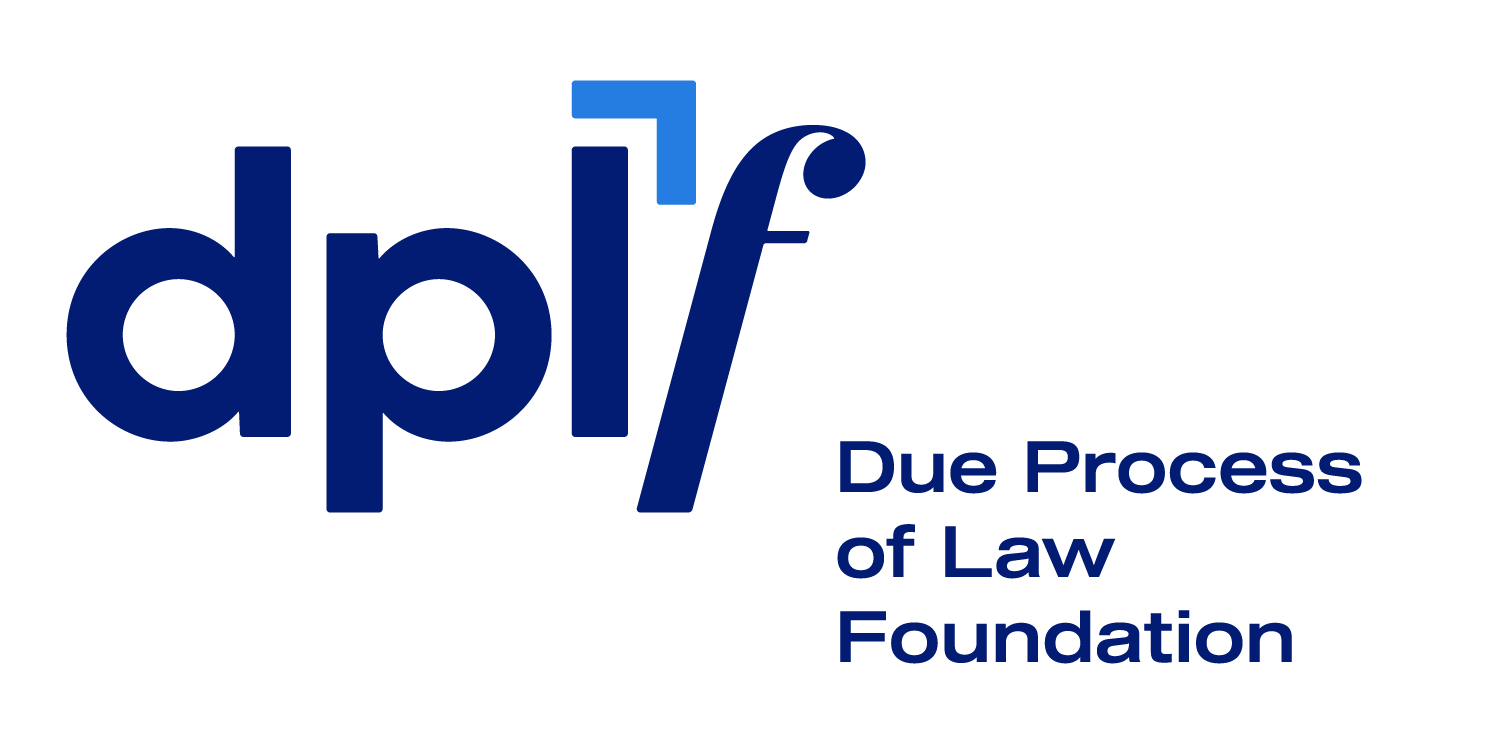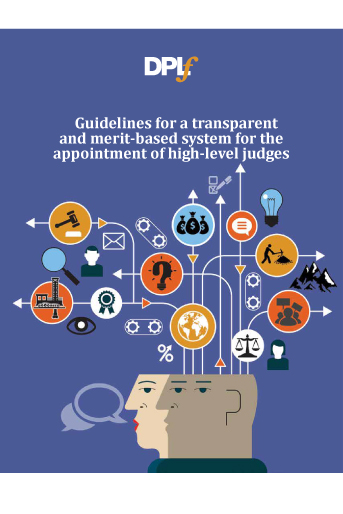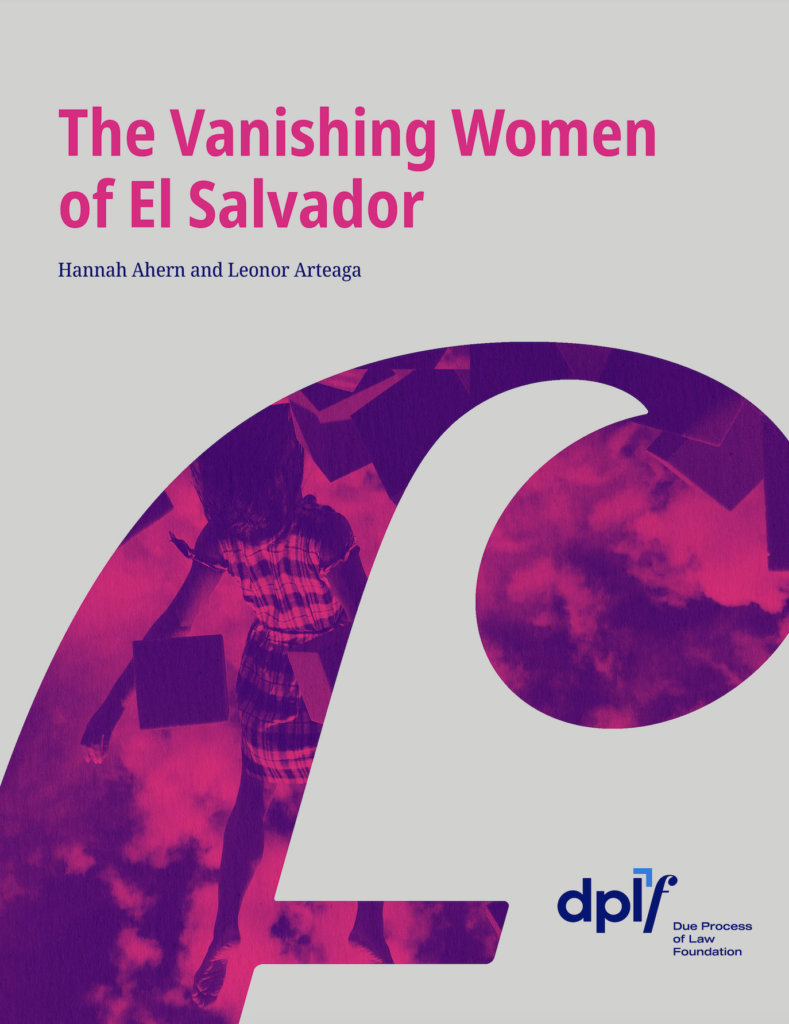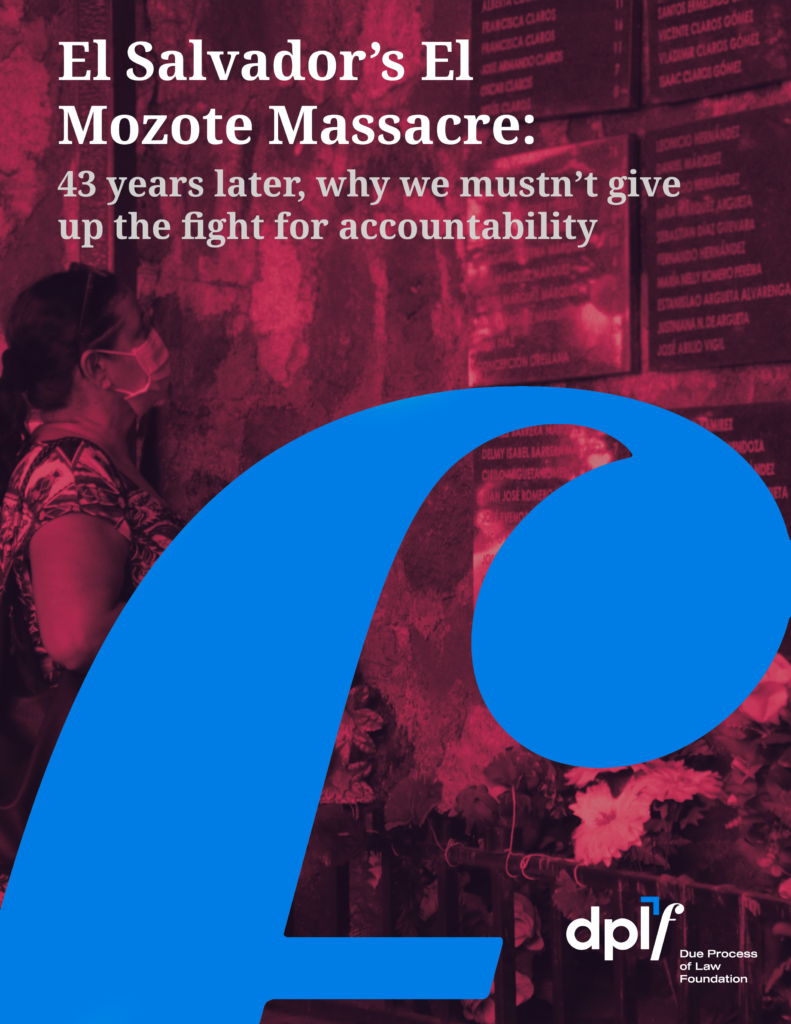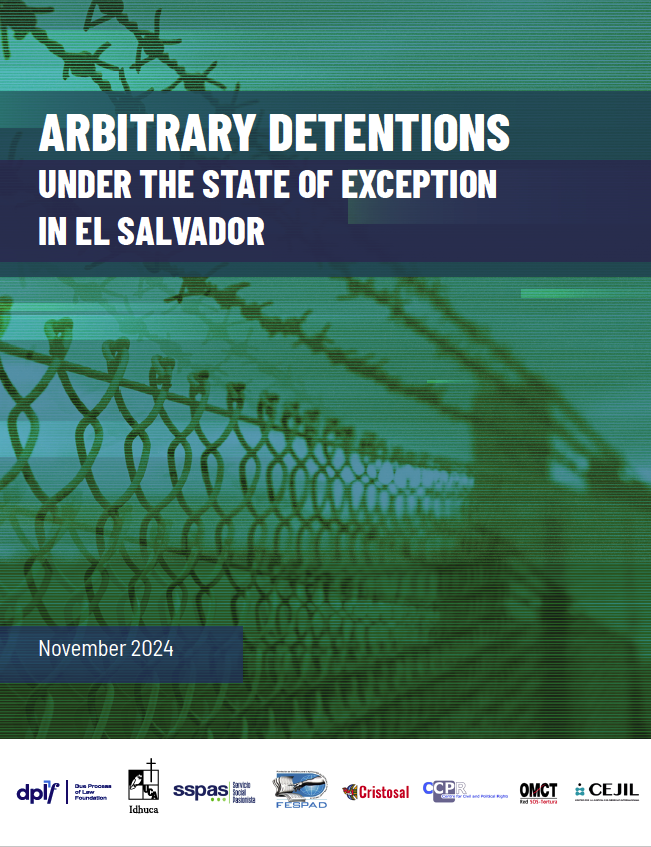This report, titled Guidelines for a transparent and merit-based system for the appointment of high-level judges, examines judicial selection processes across Latin America.
Aproperly functioning justice system is a prerequisite for a genuine democracy; one that ensures respect for the rule of law and the separation of powers. The supreme court is a major pillar of the justice system: not only is the court the final authority on the interpretation of the law, but, in several countries of the region, it is also responsible for the internal administration of the judicial system – which often includes the internal disciplinary system. It is therefore critical that only the most qualified candidates are appointed to the highest courts. This can only be ensured through a transparent selection process that is based on the merits of the candidates, rather than on their association or sympathy with the government in office or powerful special interests.
This document contains recommendations on the necessary elements in the selection process of high-level judges and in the candidates’ profiles, in order to ensure that only the most qualified professionals are selected to occupy such important positions. As regards members of constitutional courts and tribunals, DPLF considers that the personal characteristics assessed in the profile must be the same as those for supreme court judges.
These recommendations have been elaborated on the basis of international comparative experiences in judicial selection processes. They gather norms and standards developed by the United Nations and the Inter-American Human Rights System. In some cases, these criteria differ from current practices in selection processes in the Americas. However, DPLF considers that the following principles should guide the selection processes in the region. It is important to stress that these recommendations are guiding principles that each country may incorporate into (and respecting) their own national framework and context.
